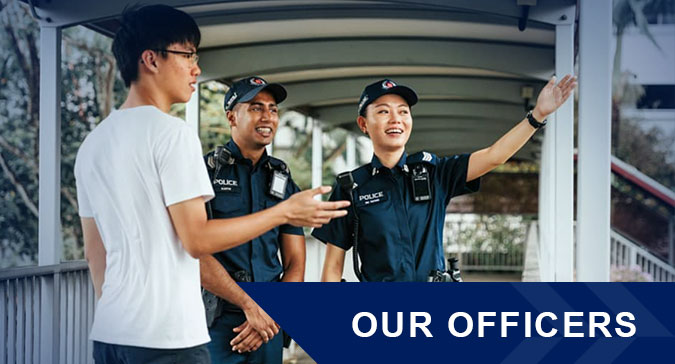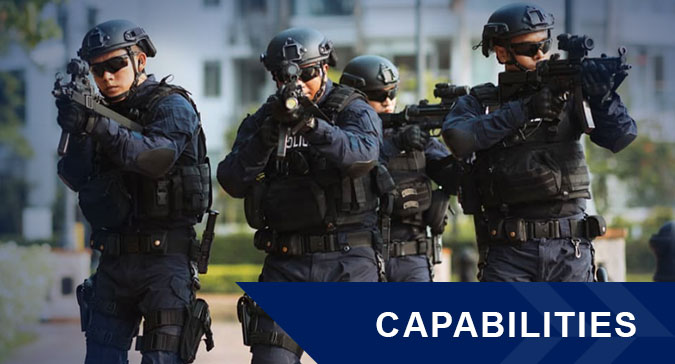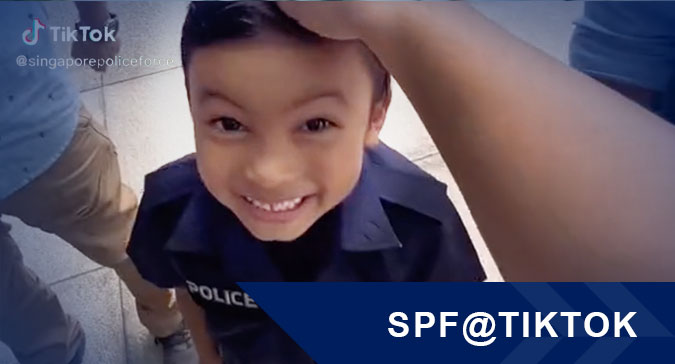Ms Liu Yanru brings a unique perspective to her role as a Victim Care Officer, with her ongoing experiences working with victims and perpetrators of family violence.
By: Shavina Sri
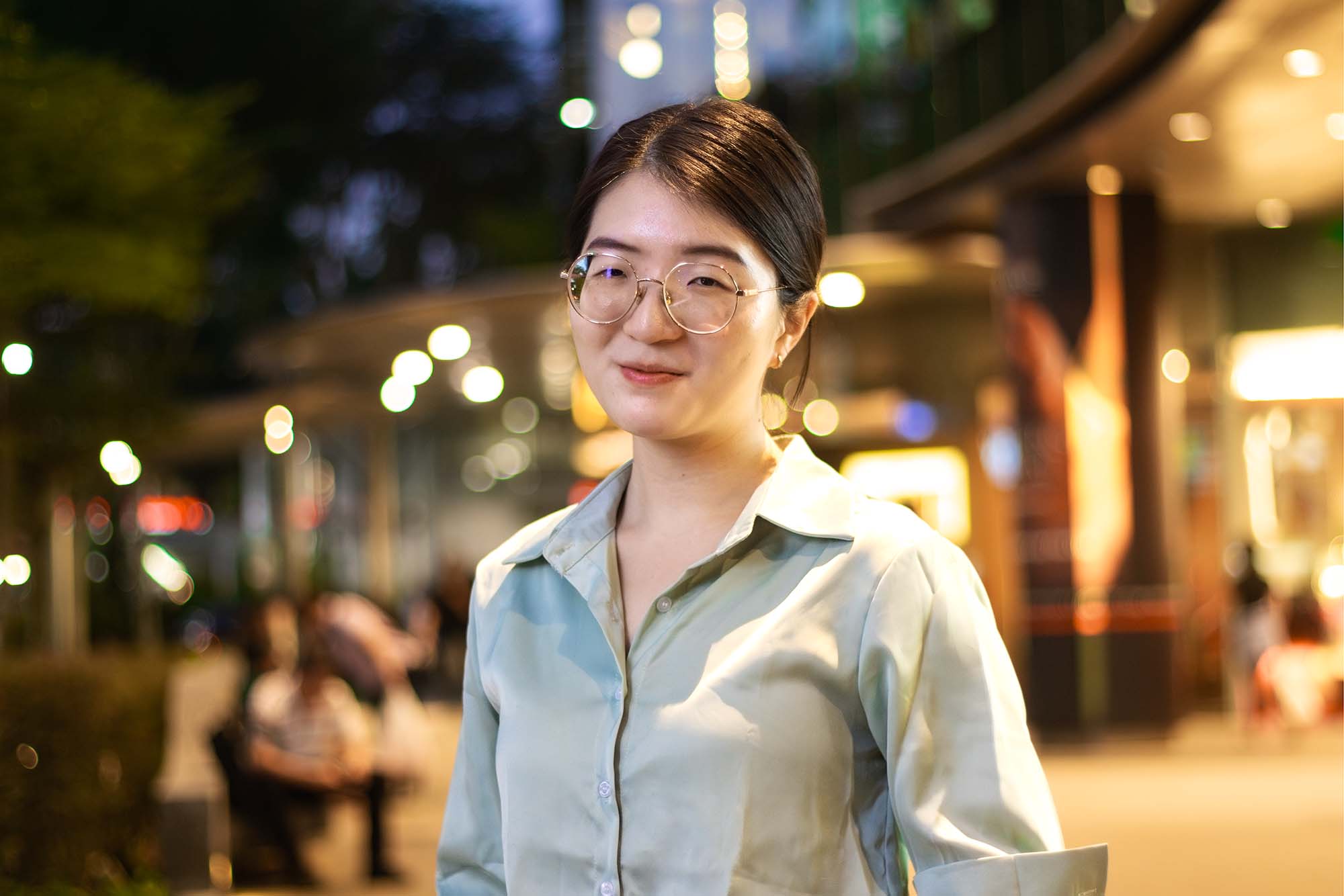
In collaboration with the Singapore Police Force (SPF), Victim Care Officers (VCOs) play a crucial role in supporting victims throughout the investigation process. VCOs are trained to provide psychological first aid and crisis intervention for those who may be struggling in the aftermath of traumatic events.
Police Life caught up with Ms Liu Yanru, a recent addition to the Victim Care Cadre Programme (VCCP) who became a VCO in October 2023. Drawing on her background in psychology and her passion for helping others, Yanru shares insights on her journey as a VCO.
How did you first hear about the VCCP, and what motivated you to become a VCO?
I first heard about the VCCP through a friend of mine. She was my junior at Nanyang Technological University (NTU), and we were both part of a student well-being community. When she shared her experience as a VCO, I found it fascinating. She talked about how, sometimes, VCOs are required to support victims of crime who are testifying against their perpetrators at court trials.
It can be a distressing situation for the victims, and the VCOs provide an emotional anchor. Hearing how even a brief, one or two-hour session can potentially make a difference to the victims really moved me. That’s what drew me in. I want to be someone who could help people feel seen and supported in moments of crisis.
Can you tell us about your work and how it aligns with your role as a VCO?
In July 2024, I joined a charity organisation that provides social and healthcare services to those in need in our community. I work in the field of family violence protection, supporting families who’ve experienced violence and engaging with both victims and perpetrators. Protection work can be challenging, but its importance lies in ensuring safety and stability in the home – a place where one should be feeling safe instead of distress. In addressing underlying dynamics and patterns, we hope to empower the longer-term resiliency and recovery of family members after incidents of violence.
The work I do aligns with my role as a VCO in many ways. For one, both victim care and protection work often involve attending to clients’ psychological experiences after a potentially traumatic event. My experiences in both roles complement each other in expanding my knowledge and skillsets in trauma-informed work, such as supporting clients in their emotional coping.
Walk us through the training process for becoming a VCO. What did you find most valuable?
The training process is comprehensive. We went through a three-day course focused on psychological first aid, suicide risk assessment and basic intervention skills. It was intense – there were role-plays, assessments, and a final exam to test our understanding. This prepared us to handle various client scenarios in real life.
What I found most valuable is that the learning doesn’t stop after the three-day training. There are continuous training opportunities for VCOs to upgrade our skills. For example, there’s an upcoming training programme on crisis support for children and youths, and other sessions focus on managing resistance in clients and trauma support. The training is constant, which I appreciate because every case is different, and there’s always more to understand.
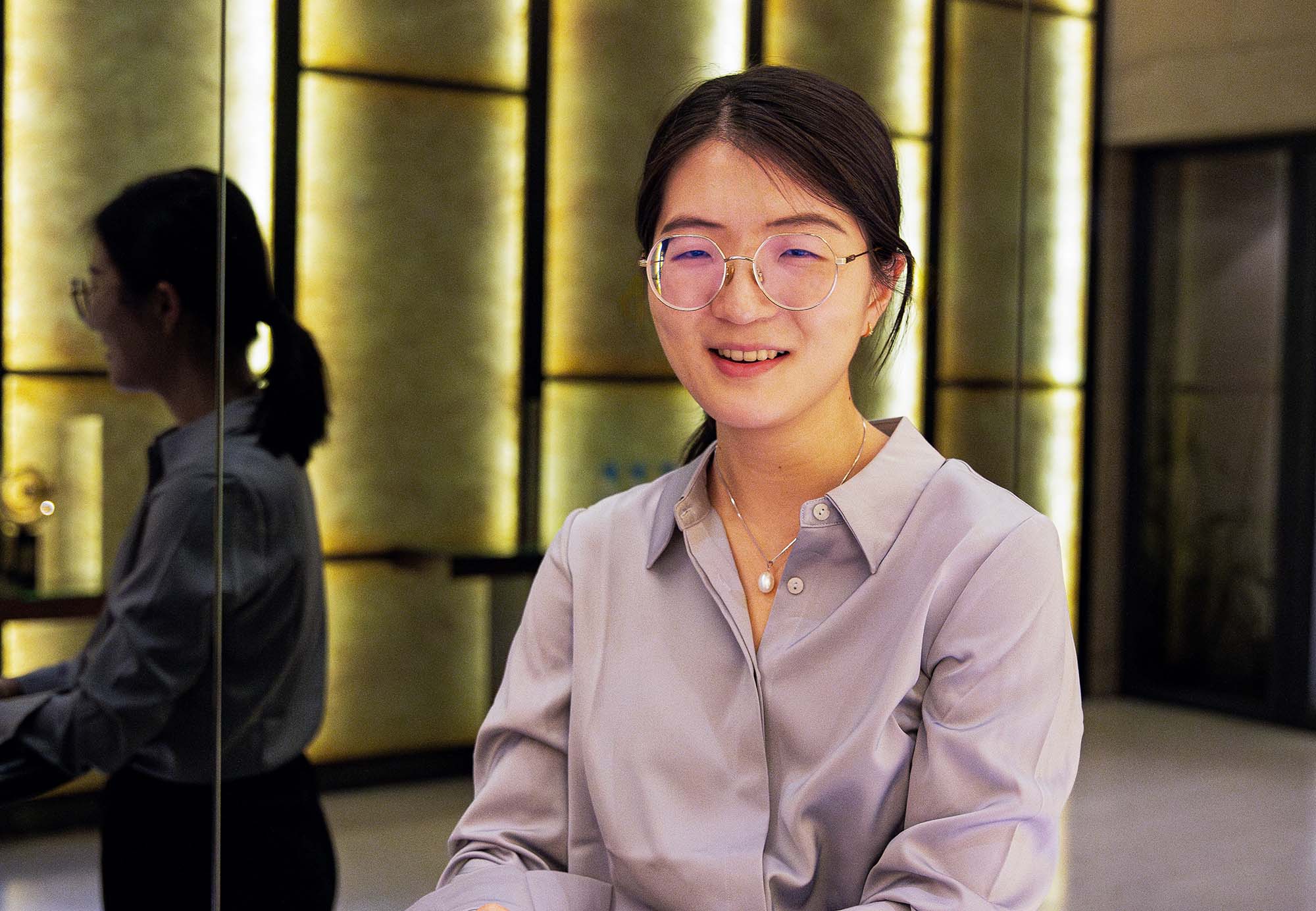
What specific skills have been particularly useful in your VCO role?
One of the most important skills is meeting the client where they are. When you step into a session, you have to be prepared to adapt to the client’s needs at that moment. Sometimes they’re extremely distressed, and it’s not about jumping into the “checklist” of questions we’re trained to ask – about sleep, appetite or suicidal thoughts, but really just listening and processing their emotions with them. You need to be fully present.
Non-verbal communication also plays a big role. The way you sit, your tone of voice, even the way you make eye contact – it all matters. Clients pick up on those cues, and sometimes they communicate more than words can. It’s about being genuinely empathetic and letting them know they’re not alone.
What advice would you give to someone considering joining the VCCP?
“Get ready to feel uncomfortable.”
Growth comes from discomfort, and you’ll feel it in this role. Whether it’s the emotional intensity of certain cases or wanting to do more to help a client, it’s part of the process.
Also, stay curious and ask questions. Don’t just learn from the sessions, but also from the other VCOs you work with. They come from diverse backgrounds and are very experienced. I remember facing certain “stuck points” for some case types and the VCOs I’ve worked with have been so helpful in offering their insights and encouragements. Their insights and experiences can teach you so much. It’s an incredible learning opportunity.
Victim Care Cadre Programme 10th Anniversary and Appreciation Dinner
On 2 August 2024, the PPSD celebrated the 10th anniversary of the VCCP. Among the 140 guests were Deputy Commissioners of Police, VCOs, Police leaders and officers of the investigation community, as well as other partners such as the Home Team Volunteer Network, Singapore University of Social Sciences and KK Women’s and Children’s Hospital, among others.
At the event, the Distinguished VCO Award and Pioneer VCO Award were awarded to six VCOs, and the Active VCO Award and Inspiring VCO Award to 17 VCOs. Also unveiled at the event were the VCCP logo (which features two hearts, one representing victims of crime and the other the PPSD and VCOs) and the mission: “Partnering the Police to strengthen psychological care and support for victims of crime.”
Learn more about the VCCP here.


